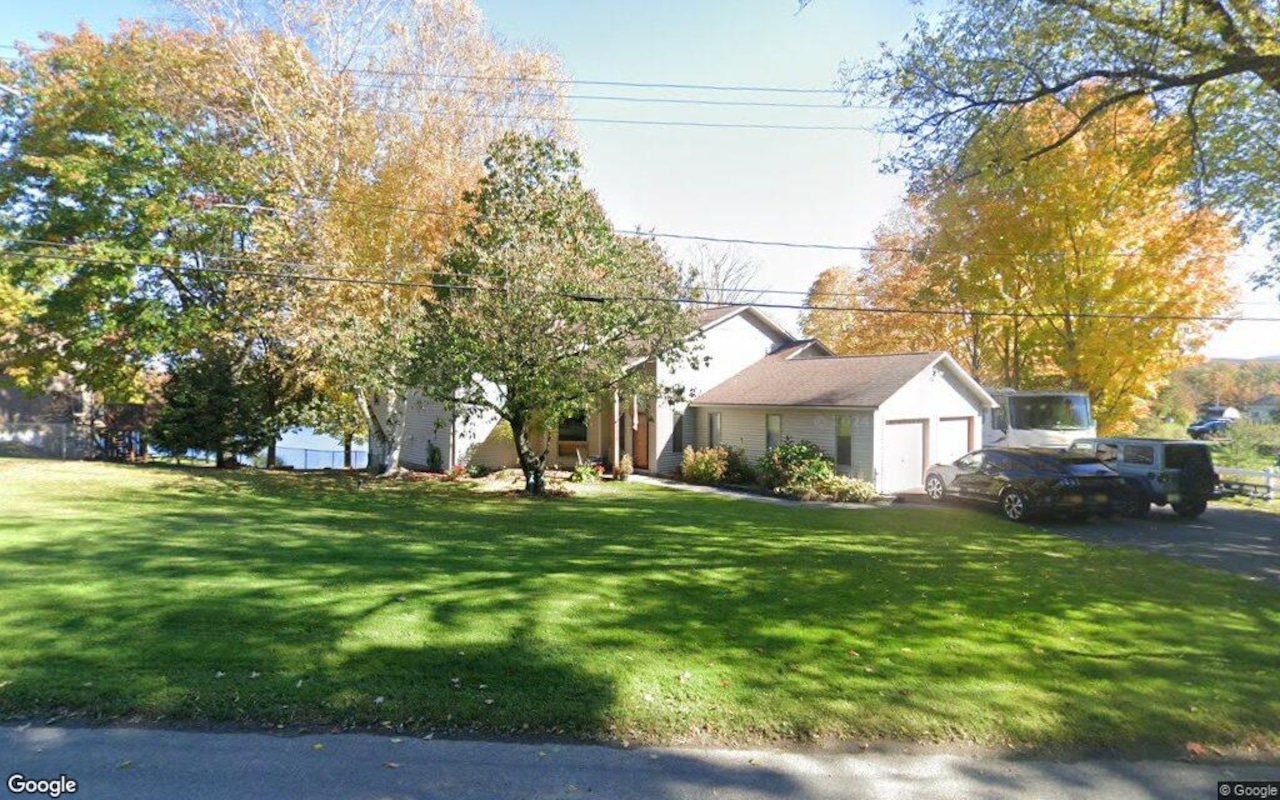T
he winter chill has settled over the real estate market, with sellers scarce and buyers facing a seemingly insurmountable obstacle course. Beneath this icy surface lies a deeper structural issue: a housing supply crisis that's been five years in the making.
Monroe County's numbers paint a stark picture: only 135 single-family homes priced above $200,000 are available on the market. This scarcity is not unique to our region; it mirrors a national trend where demand consistently outstrips supply. The root cause of this crisis lies in two primary factors: the "lock-in effect," which has kept existing homeowners from selling, and a construction sector that's failing to keep pace with demand.
The lock-in effect can be solved by changing family dynamics or lower mortgage rates. Unfortunately, lower borrowing costs remain elusive due to economic policy uncertainty and inflation concerns. The other major driver of the housing crisis is the insufficient pace of new housing starts. According to Freddie Mac, the US faced a shortfall of 3.7 million housing units in the third quarter of 2024, yet only 1.36 million new homes were completed that year.
President Trump's executive order aimed to increase housing supply and affordability, but his subsequent tariff policies on imports from Canada and Mexico may have the opposite effect. With one-quarter of all residential building material imports coming from these countries, tariffs could drive up construction costs, increasing the costs for both new home builds and renovation projects. This could further discourage housing starts, exacerbating the inventory shortage.
Beyond supply constraints, economic policies also play a crucial role in shaping the housing market. A resurgence in inflation, potentially triggered by 25% tariffs on imports from Canada and Mexico, could keep mortgage rates elevated, stalling new construction and discouraging potential buyers. Anticipated deficit spending, stricter immigration policies, and tax cuts favoring the wealthy may compound these challenges, leading to even higher borrowing costs and a more sluggish housing market.
A prolonged trade war could also dampen economic growth, with estimates suggesting a 0.63% reduction in GDP next year. This slowdown may lead to job losses, weakening housing demand as consumer confidence and purchasing power decline. While the president's endgame remains unclear, one thing is certain: until this dispute is resolved, affordability will remain out of reach for many, and the housing market will remain frozen in uncertainty.
As a seasoned real estate expert with over 30 years of experience, I've seen firsthand the impact of these economic policies on the housing market. With over $1 billion in career sales, I'm committed to empowering readers with valuable insights on national and local market trends, helping them navigate the ever-evolving real estate landscape.














